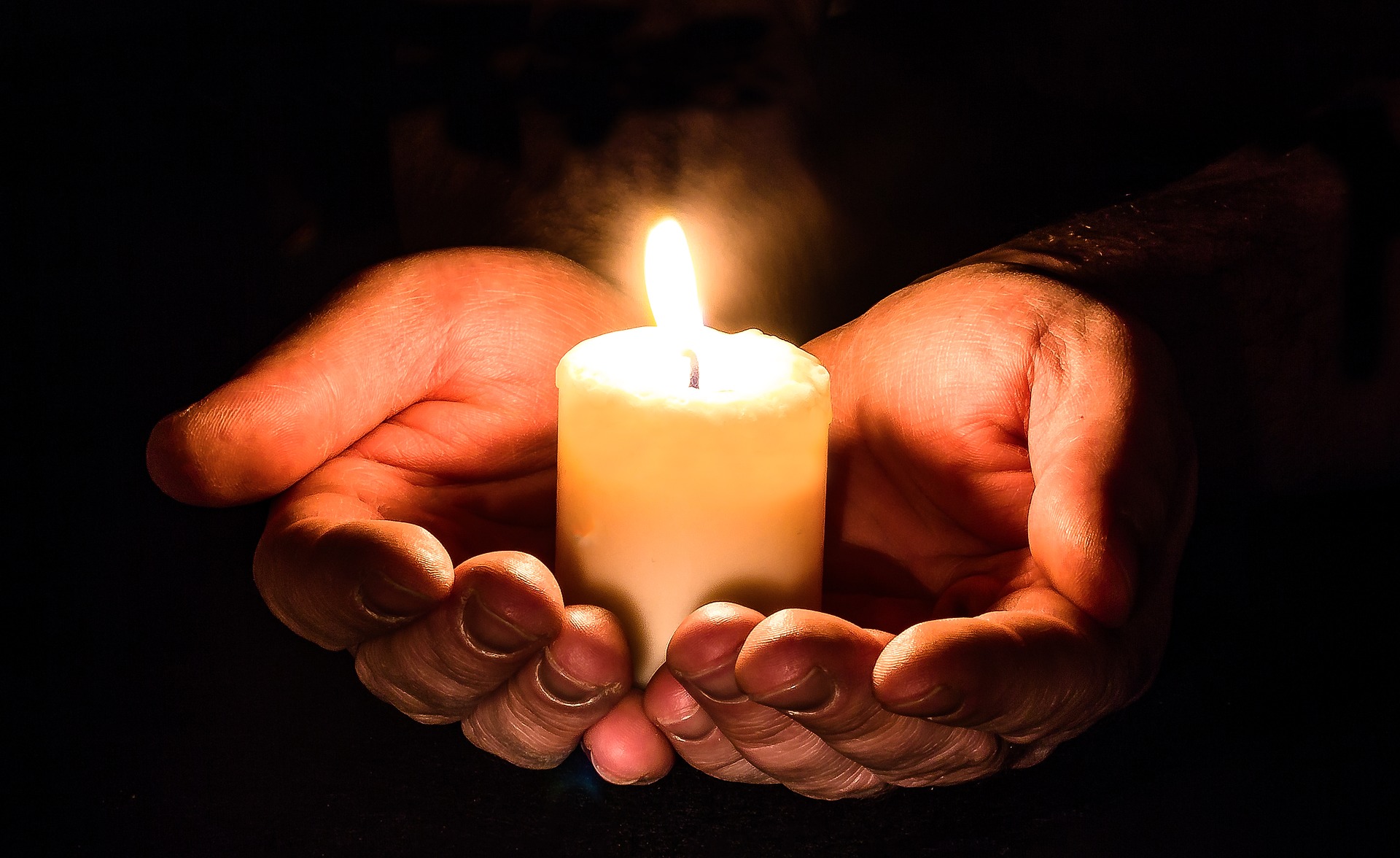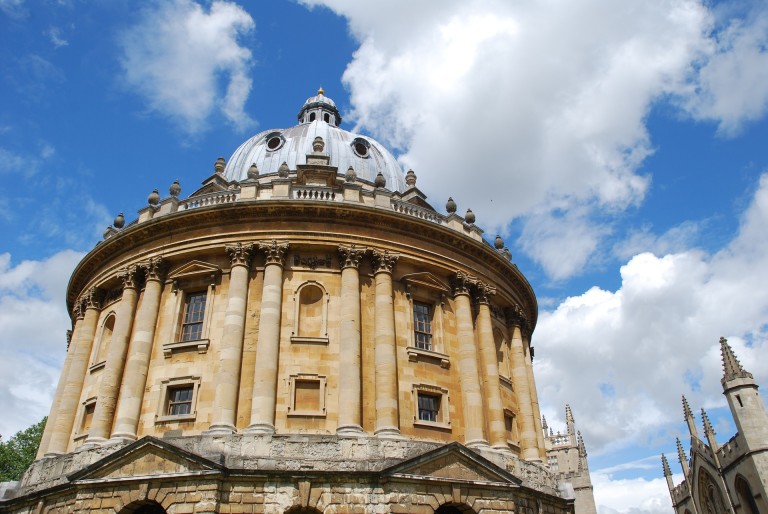 I haven’t always observed Lent–it’s been rare, in fact–but this year I seem to be making my way down a path with a more liturgical bent, a path that began with an Ash Wednesday glimmer three years ago. Lent feels like it matters more deeply than ever before. The idea of preparing one’s heart and mind to receive the sacrifice of Christ, to receive the gospel all over again, is wonderfully appealing. The question then is how, exactly, to observe Lent, and to observe it well?
I haven’t always observed Lent–it’s been rare, in fact–but this year I seem to be making my way down a path with a more liturgical bent, a path that began with an Ash Wednesday glimmer three years ago. Lent feels like it matters more deeply than ever before. The idea of preparing one’s heart and mind to receive the sacrifice of Christ, to receive the gospel all over again, is wonderfully appealing. The question then is how, exactly, to observe Lent, and to observe it well?
I have been casually asking God this question for some time. Since the Christmas decorations were packed away, really. I say casually because I haven’t prayed directly about it, just pondered the question at regular intervals with the sense that God might be choosing to listen in on my musings and perhaps offer some direction.
What he offered was a wide array of possibilities, some familiar and some not. Granted, my friend Google could have offered a plethora of ideas, had I bothered to consult with him. Hundreds of ideas. But as I listened to the ruminations of theologically-minded friends, to podcasts and priests, one thing became clear as morning: the point of Lent is to make room for Christ.
How can I make room? What parts of my life could use more space for God? If I’m being honest, the answer is probably all of them.
The hundreds of potential ideas, which can be overwhelming in bulk, seemed to me to boil down to just a handful of basics. In the interests of keeping things simple, let’s take a look at just that handful. I’ll let you peruse the blogosphere with its offerings of three-figure Lenten to-do lists at your own discretion.
If you fast, seek authenticity.
Traditionally, the three tenets of Lent are prayer, fasting, and charity. Fasting is the tenet everyone seems most familiar with, the one they assume you’re referring to if you ask what they’re doing for Lent. Fasting itself was not a question for me. It was how to fast in a way that would truly help me make room for God.
Tish Harrison Warren, author of Liturgy of the Ordinary, recounts a time when she fasted from sunup to sundown, creating space for physical hunger and thereby the opportunity to turn to and need for reliance upon God. This idea appeals to me more than fasting from a specific food, which is less likely to bring on hunger pangs and instead incite me to replace said food with something else. Could I actually fast from sunup to sundown for 40 days, though? The specter of failure rose up before me.
My friend Miranda, who is in the process of being ordained in the Episcopalian Church, caused me to consider another option. She said something along the lines of this: if we fast intermittently, on one or two designated days each week, we may find the fasting more effective. We may be better able to focus on the fast because we have deliberately set aside these days for it, and we give ourselves permission to focus on it. We may have more success than if we attempt to fast for 40 days.
(Yes, Jesus fasted for forty days in the wilderness, which is theoretically a good reason to attempt 40 days ourselves, but then, we are not Jesus, are we? We are far more likely to fall short. And if a failed fast takes us from a place of devotion to one of guilt or shame, that seems to me to defeat the purpose. Just food for thought. If 40 days feels right for you, go for it.)
Whatever shape our fasting might take, let it be a shape that leads us to seek God authentically, stretching ourselves into a place of intentionality yet not setting ourselves up for failure.
Consume less to make room for more.
Where do you tend to overconsume? Shopping, entertainment, food, drink? What if you committed to forty Netflix- or Xbox-free days? Forty days without a trip to Target? Forty days without your favorite junk food? What could you do with that time, that money? The notion here is that when we consume less, we make space for God. It’s not just about self-deprivation or asceticism, it’s about what can come into the empty space. That morning prayer time we always claim to want to practice but never have time for? A study we’ve been wanting complete? If we watch less TV, we may find we have room for it.
Lent need not just be about fasting. What can we add that will bring health and growth to our minds, bodies, and souls? Read. Take walks. Contemplate. Keep a journal. Drink more water. Eat more green things.
Reduce noise.
Personally, I crave silence (but then, I have two children under six). I rise at five o’clock most mornings in order to get some. Usually I read, but not always. Sometimes I just sit and listen to the whisper of the gas fireplace in the dark house. Often, I pray. Whether we have kids or not, though, we live in a noisy culture. This can make prayer (one of the three tenets of Lent) a challenge. Prayer requires the intentional creation of space, and what better time to begin making space than during Lent? There are many ways to pray: Lectio Divina, the daily office, and practicing silence are just a few.
Our lives are filled with noise, not all of it audible. This is where a technology or social media fast can be helpful. But consider, too, the entertainment fast mentioned above. If I take a break from entertainment for 40 days, then instead of watching TV before bed and thereby staying up later than I ought, maybe I’ll get more sleep and wake up earlier–and thereby have more time for prayer. Maybe my mind and soul will both get a rest, and God will have an opportunity to be heard.
Give out of what we have gained.
By serving the poor and the needy (including the needy who are not necessarily poor), we are caring for Jesus. The Bible makes that pretty clear. What can we do to serve others during this season that precedes Christ’s ultimate service to us all? We may not be able to get on a plane to Haiti in the next 40 days–such things take more planning–but surely we can make room for God in this way as well. We can use some of the time and money saved by our fasting to bless God by blessing his people. Money saved by not shopping can be donated to a cause that tugs at your heart. Time garnered by a fast from the internet can be spent babysitting for friends who desperately need a date night or at a food pantry.
Finally, let me ask this: what will you do when Lent is over? Return to your pre-Lenten ways, or carry through some of the good disciplines you have established? If Lent and all it means ends with Easter Sunday, what good will it have done us? What good will it have done our relationship with the Lord? This is a hard question for people living in a society that teaches indulgence and that it is natural to always want more, to always be online, to always be busy. What will you take away from these 40 days?



